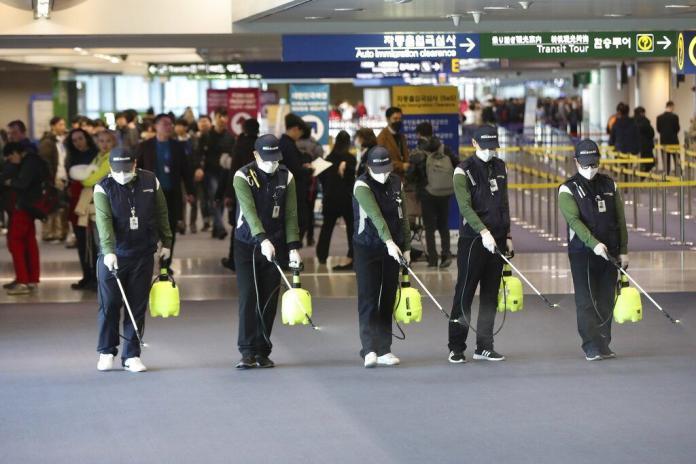
With the emergence of a new strain of the coronavirus, (named 2019-nCoV) in mid-December 2019, scientists, government officials, and common citizens alike hold their breath in anticipation. Though initially detected in Wuhan, Hubei province in the People’s Republic of China, the virus has quickly spread to neighboring areas (Japan, Thailand, South Korea, and Taiwan) as well as further afield (the United States.)
It is still unclear whether 2019-nCoV will mutate and present the same type of threat as the 2002-03 SARS (severe acute respiratory syndrome) pandemic, but what is clear are the mounting deaths and infections. As of this moment, 17 lives have been claimed with 95 reported in critical condition. Worldwide, over 600 have been confirmed infected. It was revealed that the virus can be spread through human contact, rather than solely through animals. Currently, there is no vaccine available to fight against the virus.
Globally, governments and the WHO (World Health Organization) are appraising the situation and deciding on the appropriate measures to take. For example, the city of Wuhan itself has become a quarantined zone along with the two neighboring cities Ezhou and Chibi. Public transport in and out of these cities has been stopped completely. People are being allowed to leave, but only after enduring a screening process that involves the taking of the subject’s temperature.
However, in the East Asia region of the world, a unique opportunity presents itself to two long-standing adversaries: the overwhelmingly recognized People’s Republic of China and the Republic of China (who lost 2 diplomatic allies and official recognition thereof) this past year. Outbreaks such as 2019-nCoV greatly challenge humanity, but also provide us with the condition(s) to enhance cooperation and understanding.
Since the January reelection of incumbent, Tsai Ing-wen, relations between the two have only become frostier. Beijing is weary of Tsai’s independence-minded stance on the “One China Principle”, which was supported by the opposition political party years ago in 1992. Both sides are reluctant to engage in any sort of behavior that they believe would cede their authority as a sovereign state. However, there have been limited improvements in Cross-Strait relations, notably trade and investment, air travel, and supplies of humanitarian aid during trying circumstances. These are all positive steps, but further measures are an absolute necessity.
The next logical move is for the inclusion of the Republic of China into the WHO. Pressure from Beijing has impeded this thus far, but now is no time for petty politics to play any role.
Taiwan is an island with a population hovering around 24 million souls and it has already recorded its first infection from the virus. Health and safety must take precedence here. Citizens of the ROC live and work in the PRC and travel back and forth, especially during the Lunar New Year (which is now upon us) and they must be represented and their government allowed to participate in any policy discussion.
Regardless of which side of the debate one is on (if any at all), the position in Beijing can be understood, but it is now time for a relaxation of the public relations war. There is no longer a need to jockey for influence in such matters; the PRC does not risk losing recognition from the 179 United Nations members it maintains. Authorities on the mainland risk losing prestige if they continue to bar Taiwan from such vital organizations, especially during a time where human well-being is threatened.
Any such reversal of tension would benefit the global community and bring the two sides closer in another aspect of international relations. ROC ascension to the WHO is a win-win for both and a demonstration that normal relations can be achieved.

